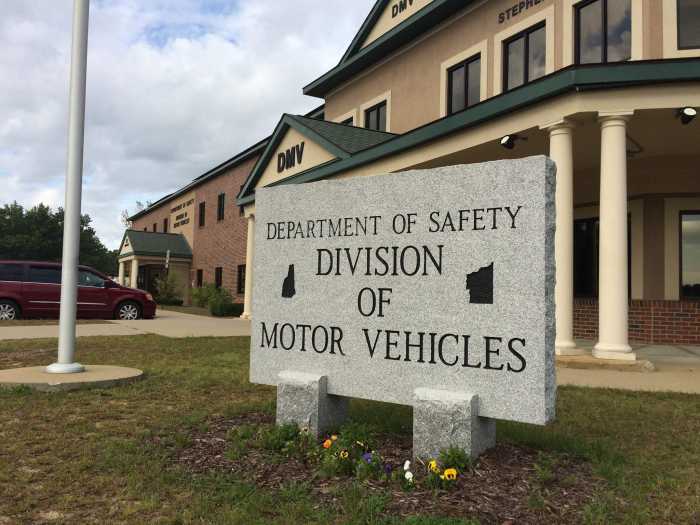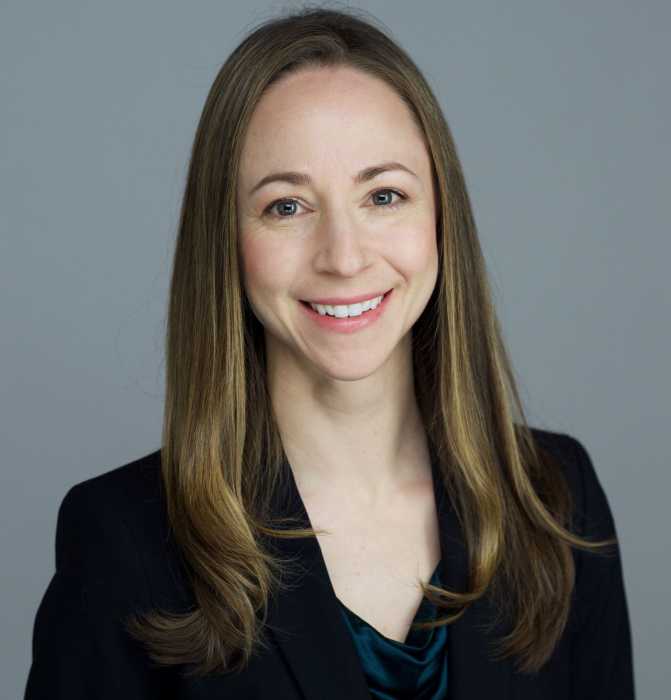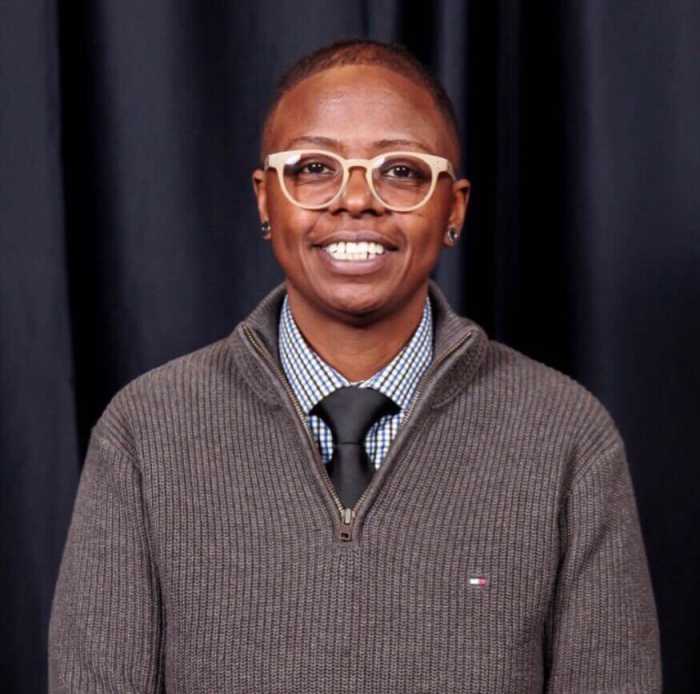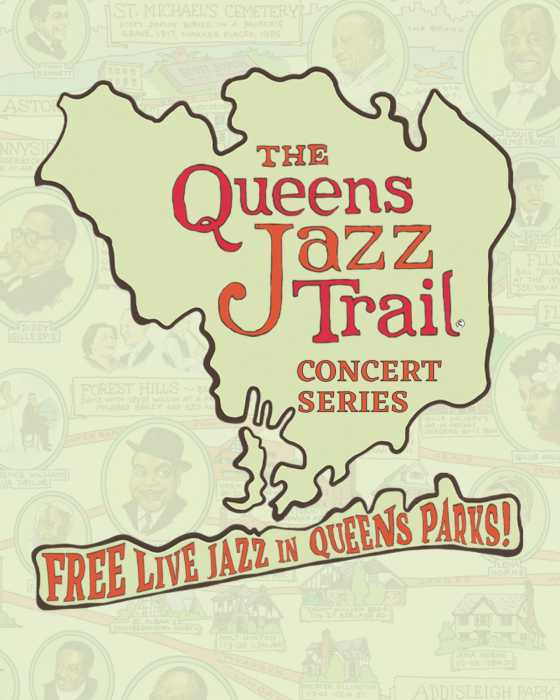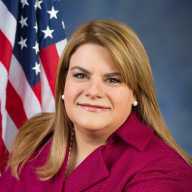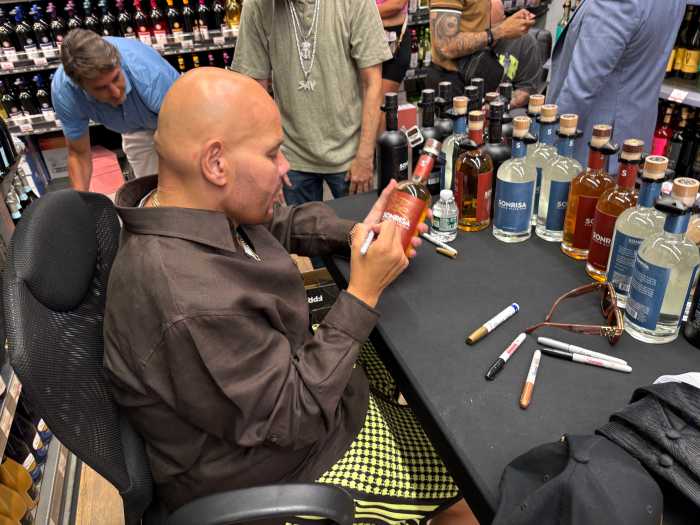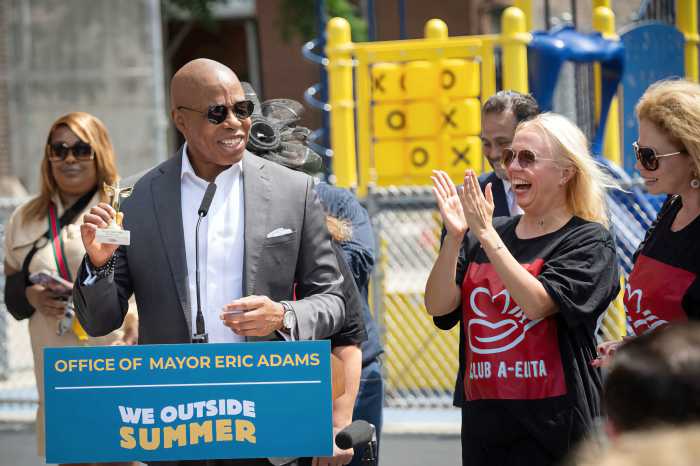LGBTQ people in Texas and elsewhere are voicing concerns about the looming impact of Texas’ restrictive abortion law on the most marginalized pregnant people in the state.
The Supreme Court on September 1 denied an effort by abortion providers to halt Senate Bill 8, or the “Texas Heartbeat Act,” which effectively prohibits abortions after six weeks, with only limited exceptions. Anyone who helps a pregnant person receive an abortion can be sued, including doctors and ride-share drivers. Rather than the state, anti-abortion activists are tasked with enforcing the ban and can sue for $10,000 in damages, along with additional fees.
Barbie Hurtado, an organizing and training manager for Planned Parenthood Texas Votes, a policy and political arm of Planned Parenthood clinics in the area, said the law will have a disparate impact on queer undocumented communities, which continue to face obstacles in healthcare access.
“There [are] trans folks in immigrant detention centers who already didn’t have access to reproductive health care, and they will not have any access at all when they get out,” Hurtado said. “People in the border towns, especially in the Rio Grande Valley, have additional barriers to care.”
They added, “If folks need care beyond six weeks and they’re undocumented, they are not able to travel outside of the [Rio Grande Valley] because there are checkpoints set up by ICE. If they cross that checkpoint, they’ll face deportation.”
Jennicet Gutiérrez, a founding member and community organizer at La Familia: Trans Queer Liberation Movement (TQLM), an LGBTQ advocacy group, ripped the legislation as “horrific” and pointed to the impact on an undocumented population that has already faced adversity in a state that has been hostile to immigrants.
“Governor Abbott has been really hard on immigration, and I think he wants to cater to a very conservative base that Trump ignited in Texas,” Gutiérrez said. “If you don’t have documentation, it’s extremely difficult to seek any type of care in this country.”
Gutiérrez echoed calls for inclusive language in the context of abortion — especially at a time when discussions surrounding the issue are so often focused solely on cisgender women. That point was further echoed by Ivy Hill, a community health program director for the Campaign for Southern Equality, an LGBTQ advocacy group in North Carolina.
“This does not just impact cis women,” Hill told Gay City News. “This impacts every person who can get pregnant, and the way that we talk about that needs to reflect that. Especially coming out of the Trump administration, so much work was done to actively erase trans and queer people from government websites, and from all discussion around healthcare access, it’s really important that when we’re advocating that we’re… centering marginalized voices and that includes trans and queer people.”
The compounding problems coincide with a broader wave of anti-LGBTQ legislation targeting queer and transgender people in the state, according to Equality Texas, an LGBTQ political advocacy group in the state.
“This year alone, LGBTQ+ Texans have been subjected to over 60 legislative attacks on their health, safety, and humanity between regular session bills, special session bills, and amendments,” the organization said in a written statement to Gay City News.
Making matters worse, the ongoing COVID-19 pandemic is another added stressor on top of the existing hardships facing marginalized communities. The pandemic has brought on a major health crisis that has intersected with economic woes to create a precarious environment for communities living on the margins.
“It’s scary to think that while we are in a global pandemic that impacts folks’ health so dramatically, our lawmakers are focusing on how to further limit folks’ access to healthcare,” Hill told Gay City News. “Most folks do not even know that they are pregnant yet at six weeks.”
“Access to abortion care is a fundamental part of healthcare,” they added. “Folks are having to go to other states or go to providers willing to break the law, and that puts folks in a terrible position.”
US Attorney General Merrick Garland announced a lawsuit against Texas on September 9 following the anti-abortion legislation. In the next term, the Supreme Court is on track to review an abortion case in Mississippi that could set the stage for the court to reconsider Roe v. Wade, the 1973 landmark Supreme Court case that established a constitutional right to abortion.
To sign up for the Gay City News email newsletter, visit gaycitynews.com/newsletter.



